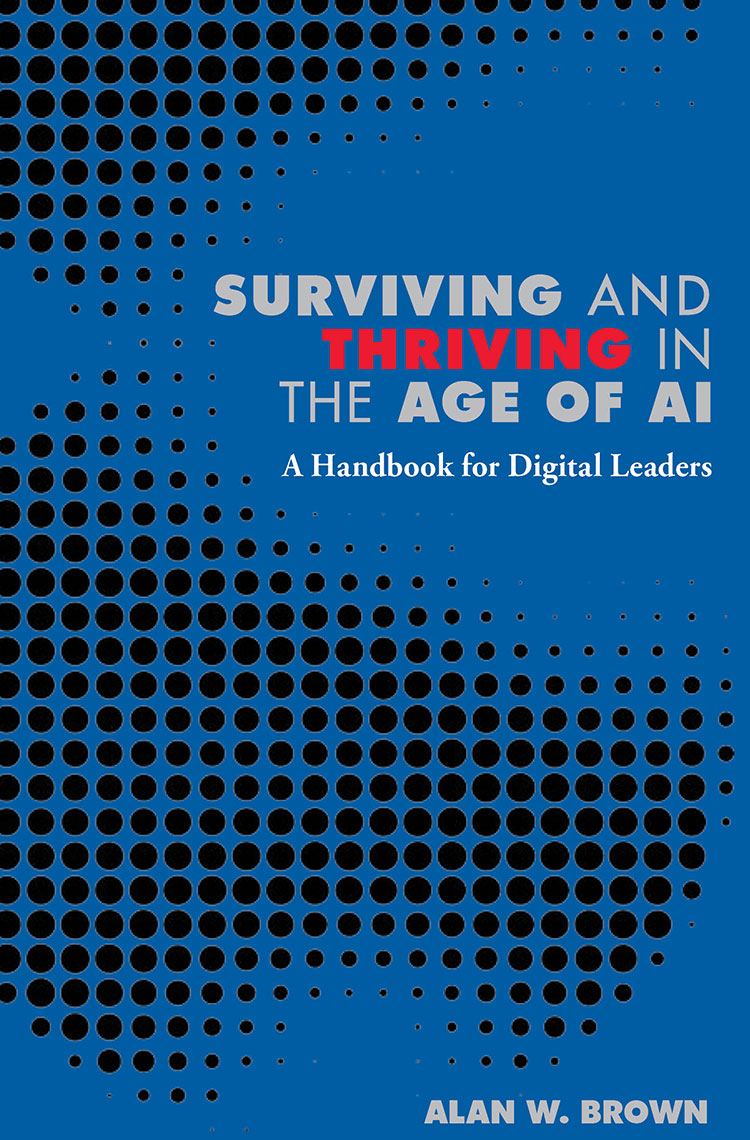How to Reduce your Carbon Emissions … and save money on your bills
£14.95The aim of this book is to help readers prioritize their emissions-related actions so they can focus their efforts on things that work for them (recognizing that we are in a cost-of-living crisis as well as a climate crisis) and that can make a real difference. The book includes more than 100 carbon-saving actions and money-saving tips as well as ideas for living a healthier lifestyle.
















